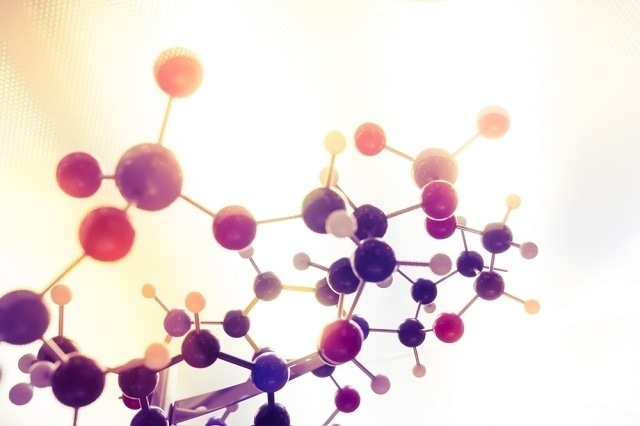Mar 16 2016
 Image Credit: Alice-Photo/Shutterstock.com
Image Credit: Alice-Photo/Shutterstock.com
A breakthrough method, developed by a team of researchers headed by the City College of New York chemist Mahesh K. Lakshman, reduces the barrier that inhibits the easy formation of new molecules. The novel technique facilitates the generation of new molecules by cleaving typically inert bonds.
Saturated carbon-hydrogen bonds in organic compounds are considered relatively inert and generally difficult to break in order to make other bonds, leading to new molecules.
Mahesh K. Lakshman, Professor of Chemistry, City College of New York
However, Lakshman’s research team has illustrated a way to achieve cleavage of carbon-hydrogen bonds to generate carbon-nitrogen bonds. Most of the resulting new molecules have a structure similar to the class of dideoxynucleosides, which are employed as antiviral drugs.
Thus, this research can provide more direct access to novel pharmaceutical entities.
Mahesh K. Lakshman, Professor of Chemistry, City College of New York
Chemists Manish K. Singh (CCNY and the Graduate Center, CUNY, now a postdoctoral associate at UNC, Chapel Hill), Hari K. Akula (CCNY, the Graduate Center, Ph.D. student), Sakilam Satishkumar (CCNY, postdoctoral associate) and Dr. Lothar Stahl (University of North Dakota) are the other researchers contributed to the research work.
The study results have been reported as a cover story in the American Chemical Society journal, ACS Catalysis.